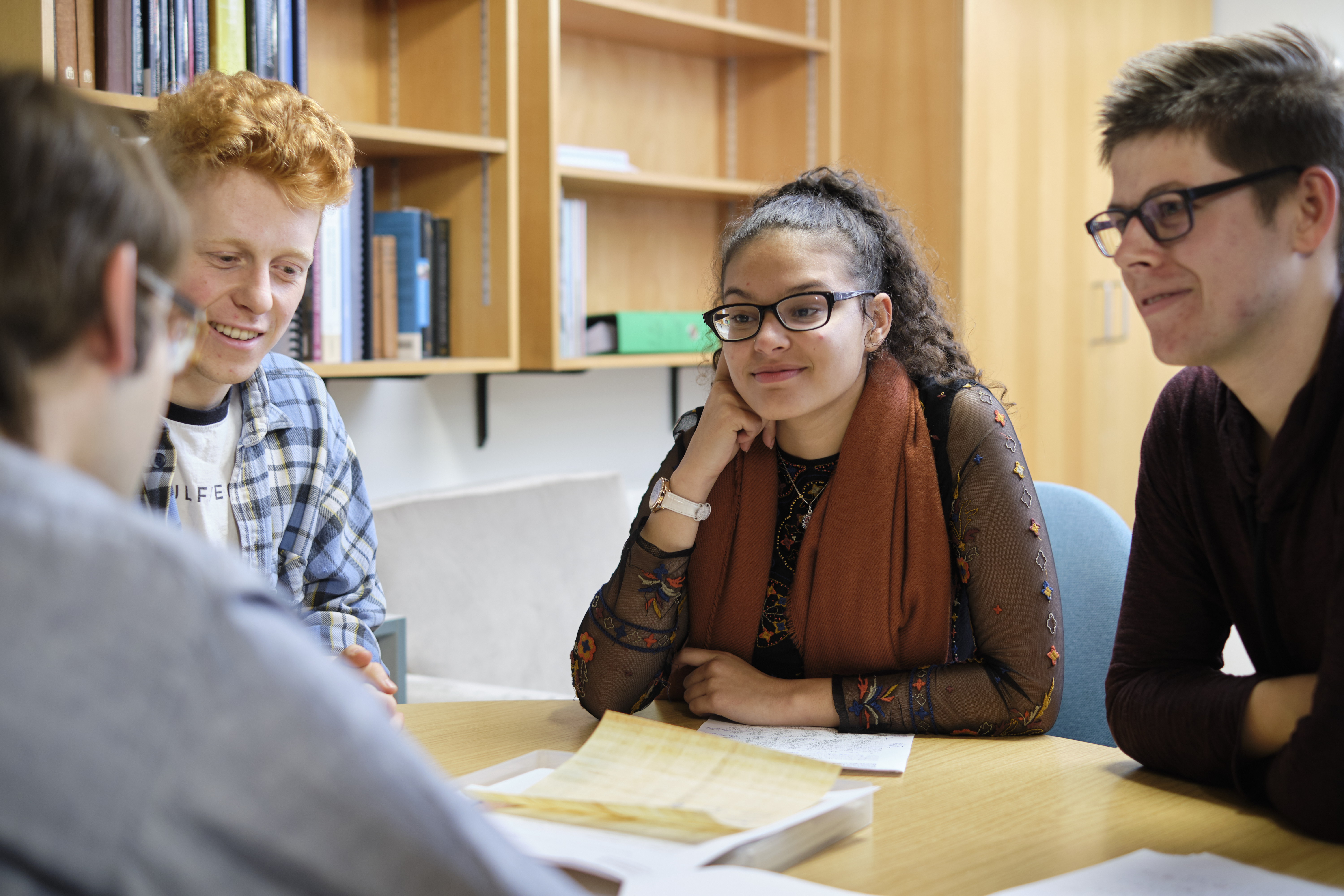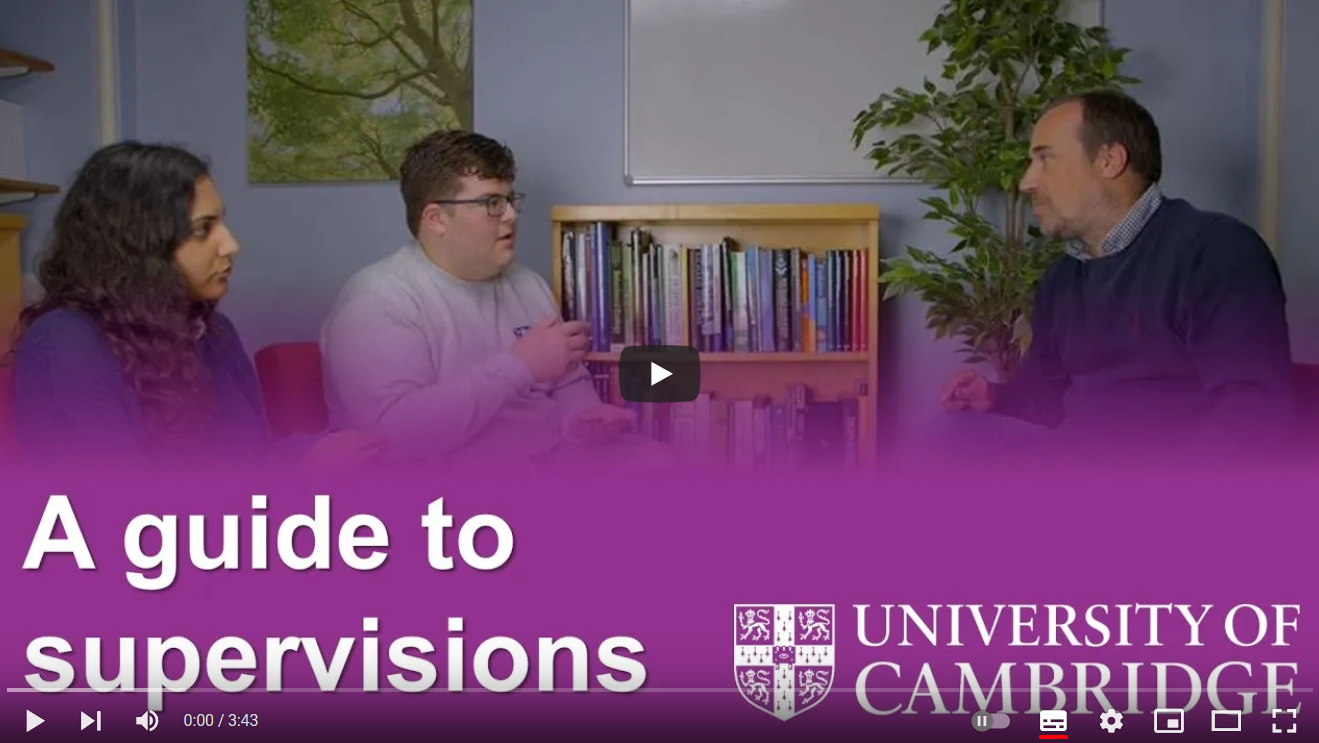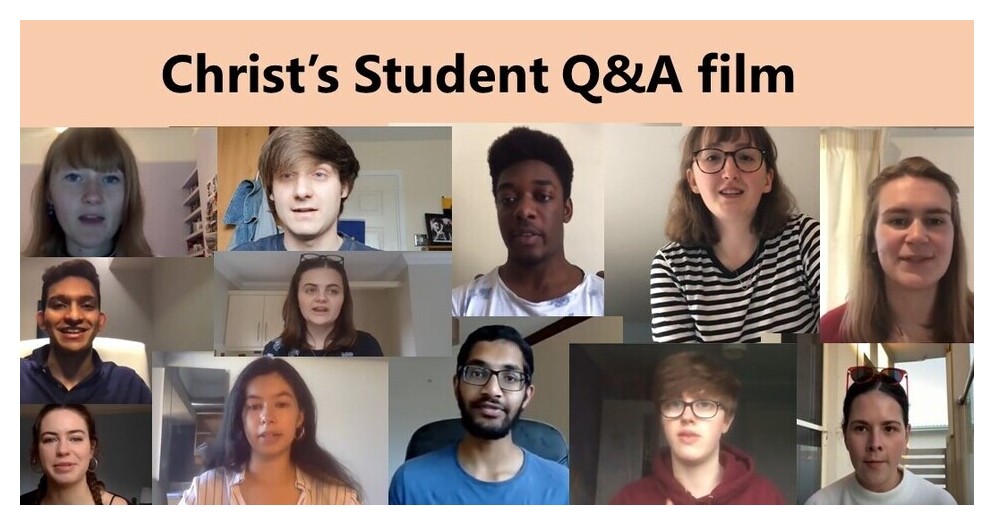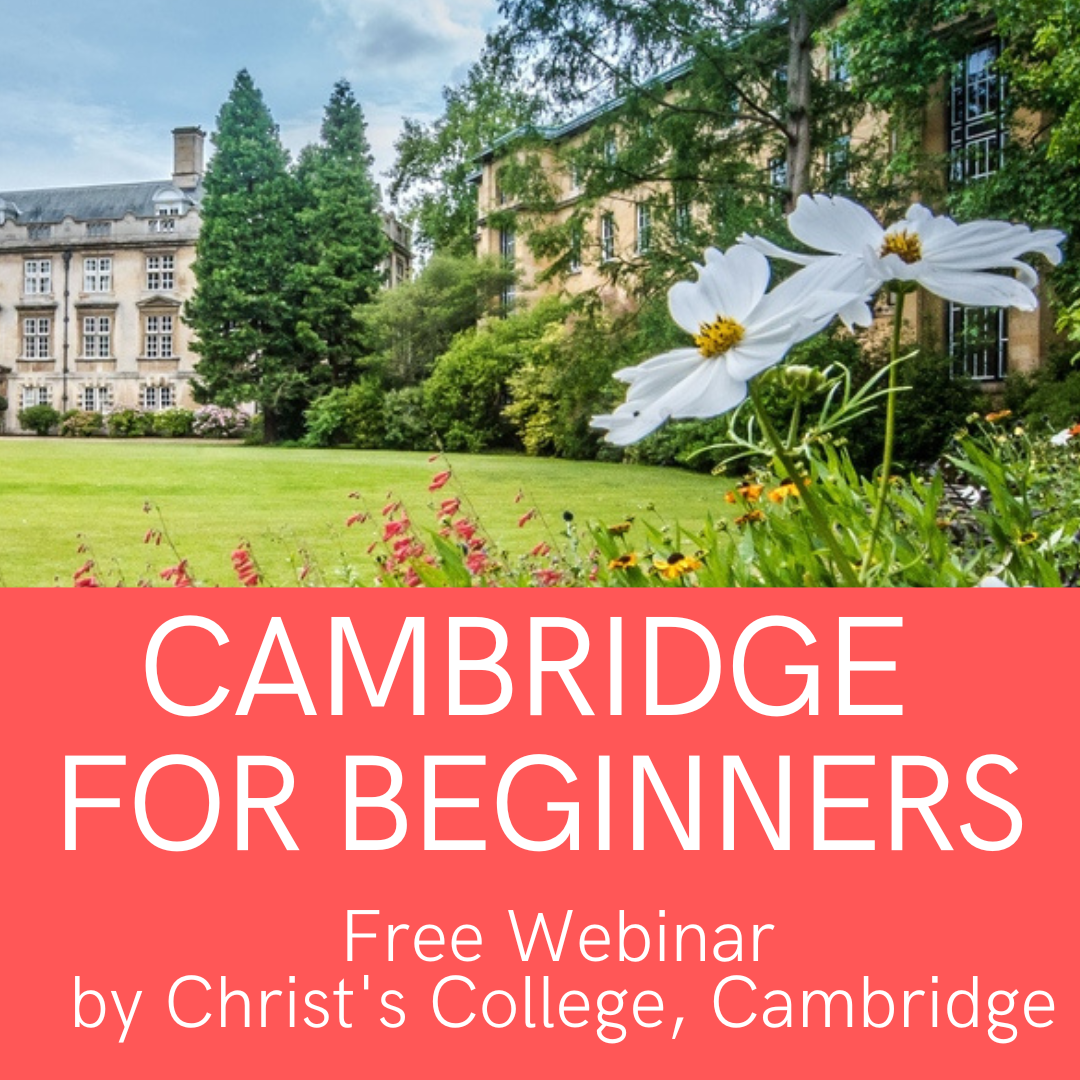
Many students who choose Education want to help change society in progressive ways. At Christ’s you’ll find a friendly space with plenty of opportunities to contribute positively to the college community – and beyond – during your time here. We recruit internationally so there’s a richly diverse mix of people taking the subject with us.
We have a strong record of admitting talented students. Former graduates include Clementine Beauvais who did a doctorate and became a Junior Research Fellow in Cambridge. She’s now a multiple award-winning children's author and well-respected academic.
An Education degree can lead to a huge variety of career opportunities across the globe. As well as further study and teaching, graduates move into research, educational psychology and neuroscience, publishing and the Civil Service. Others work in government policy and administration, the media, theatre, heritage and museum education, HR, business and consultancy, charities and NGOs, and international development.
Education is a major social science in its own right. At Cambridge, we encourage you to engage with important contemporary themes and the ongoing debates faced by educational researchers, policy-makers and professionals.
The Education course (or ‘tripos’) is a three-year degree. Please visit the University website for full details of the Education course content and structure, including the course film. You will also find information on The Faculty of Education course page. If you have further questions about course content, please contact outreach@educ.cam.ac.uk.
As well as lectures organised by the University, you have weekly ‘supervisions’ at the College. These small-group teaching sessions give you the advantage of personally-tailored tuition and guidance, and are arranged by Christ's Director of Studies in Education Dr Blanka Grzegorczyk.
Professor Jenny Gibson is a Fellow at Christ's, and a Senior Lecturer in the Faculty of Education.
Education is an interdisciplinary degree, so you benefit from some supervisions with students from other subjects in College, such as Education for higher degrees or PGCE courses. It’s a small course, and we hold dinners each year, so you get the chance to make friends in different years and support each other with useful advice.

Read what Mira and Mikkeline have to say about studying Education here at Christ’s. In their accounts they describe what starting the course was like, the application process, balancing the workload with their social lives and other activities and much more.
If you’d like to hear from other Christ's students, please watch the Christ's student Q&A film, and visit our Student Profiles page.

Don’t be intimidated by choosing a course that you haven't studied directly at school. The fact that the Education course is so broad and difficult to pin down/define is perhaps it's biggest advantage, because it opens up the opportunity for you to demonstrate how you connect Education with different aspects of your personal interests and academic life.
How to apply
Visit How to Apply for full details and a timeline of the application process. We welcome applicants from all backgrounds and school types, all over the world. If you're applying from outside the UK, please read our international students section.
There is no Admissions Assessment for Education.
There are no required subjects for Education, however useful subjects to take at A-level, IB Higher, Scottish Advanced Higher or equivalent include essay-based subjects such as English (language or literature) and History, Social Science subjects such as Sociology and/or Psychology, or Languages (ancient or modern). If you'd like to see more information about the subjects recent successful applicants have taken, see the entry requirements tab in the university's course information.
We encourage students to attend one of our regular Subject Matters webinars for help with choosing Post-16 subjects for competitive university applications. This webinar is pitched for students aged 14-16 though it is also possible to attend when you have started sixth form. If you have any questions about your sixth form subject choices, please also feel free to get in touch with us.
The most important thing to demonstrate in your application is that you have a genuine passion for Education. We encourage you to explore your own interests within Education and to find issues that really interest you.
After we receive your application, we ask you to send us two pieces of work you feel accurately reflect your abilities and interests. These should be work you’ve done during the normal course of your studies and already marked by a teacher. We recommend you keep copies for your own reference as we may discuss them at interview.
We publish full guidelines on written work in the Current Applicants section on 20 September each year.
If we select you for interviews, these usually take place in early December. At Christ's we do all of our interviews online on Microsoft Teams. You can have your interviews either at home (most applicants do this) or at school (if easier). Those selected for interview are normally interviewed for 35-50 minutes in total. At Christ’s, we usually split the time into two interviews with academics in Education.
Further, more general information about interviews (including two useful films) is available in the Cambridge interviews section, and it's worth also having a look at supervisions (short film here), as interviews are similar to what you do every week as a Cambridge student.
There is no written assessment for Education at Christ's College.
At Christ's we don’t have fixed quotas for places, so the number of students we admit in any year depends on the strengths of the applicants. In Education we typically admit at least two students each year.
We define the terms of each offer individually, but our typical conditional offer for Education is:
> A*AA at A-level
> 42 points overall in the International Baccalaureate with 7,7,6 in Higher Level subjects
> A1, A2, A2 in three relevant Scottish Advanced Highers
You need to be academically ambitious: the majority of Christ's students arrive with higher grades than are required.
If you're taking another qualification, we expect you to be working at or close to the top of the mark range i.e.
> Baccalauréat français international (BFI): 17 (mention très bien) out of 20 overall, with a minimum of 17 in relevant subjects
> European Baccalaureate: at least 85% overall, with 9/10 in relevant subjects
You can look up other qualifications in the offer levels for other exam systems and international entry requirements, and if you are applying from outside the UK please read the Christ's international students section for further information and check the country pages.
If you will have finished school when you apply, please also read about post-qualification applications, taking a gap year, and, if relevant, applying from a university.
| Suggested reading | Ideas for reading around the subject, and to help you start thinking about some key debates |
| Education Faculty Blog | Information about current research findings |
| HE+Education | Website for secondary school students who want to explore Education |
| Educational Psychology Interactive | See An introduction to Educational Psychology, books on Educational Psychology, Films and Topics |
| Department for Education | UK Government website |
| Education podcasts | Public seminars from Oxford Department of Education. |
| FutureLearn online course | Challenges of 21st Century Education (University of Exeter) |
| CamGuides | Introducing the academic and information skills that you will need during your studies, as well as how and where you be working. |
My interviews were simply a conversation about a topic I love to discuss.
Open Days and Online Events

Our open days and events page advertises regular online opportunities as well as events you can attend in Cambridge. Between February and August we run regular webinars:
> Subject Matters: The importance of post-16 subject choices
> Cambridge for Beginners
> Understanding Student Finance
> Personal Statements and preparing for an application
> Webinars for applicants outside the UK
For Education, see in particular
> College Open Days
> Christ's Online Subject Meetings in May
> Cambridge SU Shadowing Scheme (eligibility criteria apply)
> Experience Christ's Summer School (eligibility criteria apply)
> Sutton Trust Summer School (eligibility criteria apply)
For a fuller picture of what the course involves, take a look at Undergraduate Education admissions on the University website and make sure you visit the Faculty of Education too.
If you have any queries about the course itself, please contact us at admissions@christs.cam.ac.uk . We’ll be glad to help.

